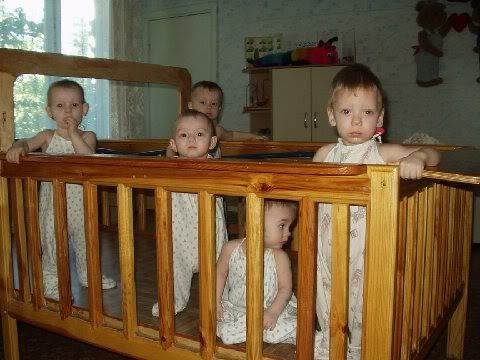National Facts About Children in Foster Care
These facts were taken from the National Foster Care Month website. FCAA is proud to be a partner in National Foster Care Month.Total Population:
513,000 children were in the U.S. foster care system on September 30, 2005. Most children are placed temporarily in foster care due to parental abuse or neglect.
Age:
Average Age: 10.0 years
6% < 1 year
26% 1-5 years
20% 6-10 years
28% 11-15 years
18% 16-18 years
2% >19 years
Gender:
Male 52%
Female 48%
Race and Ethnicity:
As a percentage, there are more children of color in the foster care system than in the general U.S. population. However, child abuse and neglect occur at about the same rate in all racial/ethnic groups.
| Race/Ethnicity | Out-of-home care population | General population |
| Black (non-Hispanic) | 32% | 15% |
| White (non-Hispanic) | 41% | 61% |
| Hispanic | 18% | 17% |
| American Indian/Alaska Native (non-Hispanic) | 2% | 1% |
| Asian/Pacific Islander (non-Hispanic) | 1% | 3% |
| Unknown | 2% | n/a |
| 2 or more Races (non-Hispanic) | 3% | 4% |
Foster Homes:
In 2004, there was a total of 153,000 licensed/certified/approved kinship and non-relative foster homes nationwide. In 2005, 24% of youth living foster care were residing with their relatives.
Adoptions:In 2005, 60% of adopted children were adopted by their foster parent(s). The "foster parent" category excludes anyone identified as a relative of the child. 25% of children adopted in FY 2005 were adopted by a relative. A "relative" includes a step-parent or other relative of the child.
Siblings and Extended Families:
Over 2 million American children live with grandparents or other relatives because their parents cannot care for them. When relatives provide foster care (known as kinship care), siblings can often stay together. Kinship care also improves stability by keeping displaced children closer to their extended families, their neighborhoods, and their schools.
Youth in Transition:
Each year, an estimated 20,000 young people "age out" of the U.S. foster care system. Many are only 18 years old and still need support and services. Several foster care alumni studies show that without a lifelong connection to a caring adult, these older youth are often left vulnerable to a host of adverse situations:
| Outcomes during transition from care to adulthood | National data | Regional or Local data |
| Earned a high school diploma | 54% | 50% - 63% |
| Obtained a Bachelor's degree or higher | 2% | 2% |
| Became a parent | 84% | 42% |
| Were unemployed | 51% | 30% |
| Had no health insurance | 30% | 29% |
| Had been homeless | 25% | 36% |
| Were receiving public assistance | 30% | 26% |


